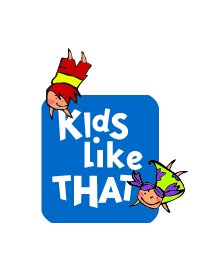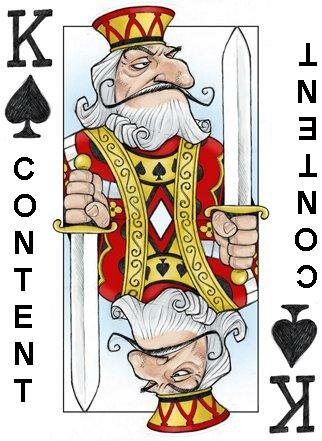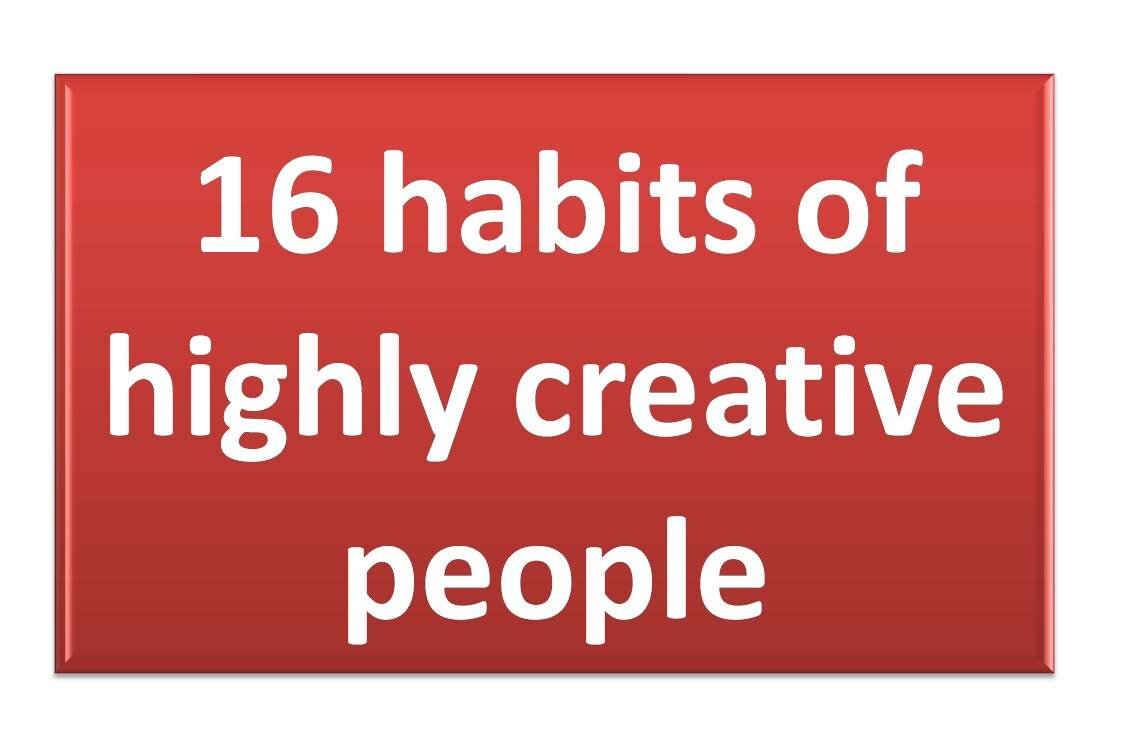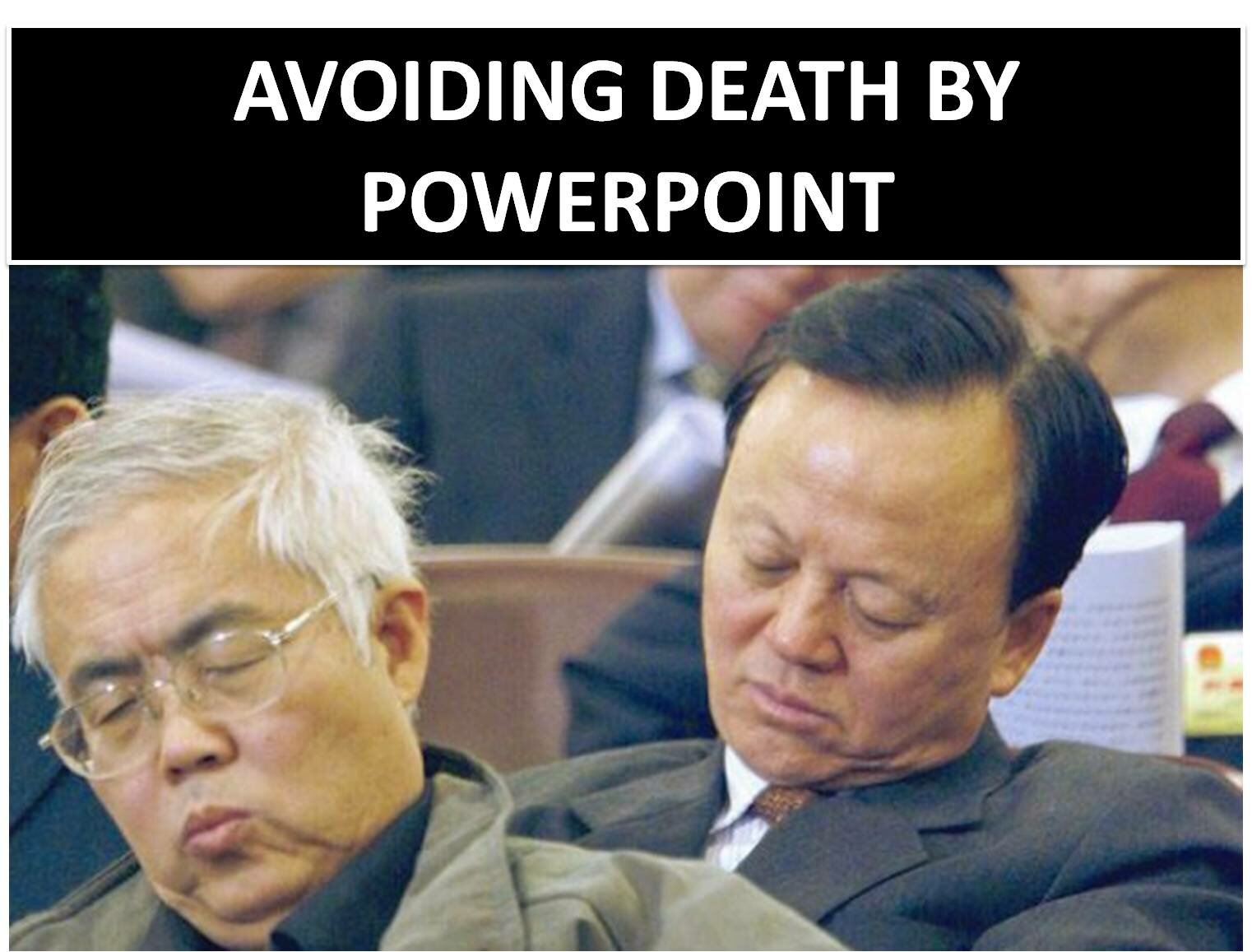|
|||||||||
shalu wasu | Apr 29, 2011
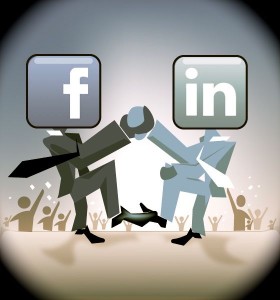 Many people are drooling over the prospects of a looming battle for the control of Social Search between Google + Twitter on one corner and Facebook + Bing (Microsoft) on the other. Add to this the recent news about the zooming valuation of Facebook () and the still rapidly expanding user base ().
Many people are drooling over the prospects of a looming battle for the control of Social Search between Google + Twitter on one corner and Facebook + Bing (Microsoft) on the other. Add to this the recent news about the zooming valuation of Facebook () and the still rapidly expanding user base ().
In all of this excitement, Linkedin has sort of been treated like the poor cousin (Linkedin is valued at a paltry $3 billion), not worthy of so much hype and definitely not worthy of being talked about in the same breath as Facebook.
Linkedin does have a lot going for it though and I for one am not sure who the ultimate Social Networking king will be. Sample this…
- User base: While Facebook hurtles towards 700 million users, Linkedin crossed an important milestone of its own. A 100 million users is nothing to laugh at. One could also argue that the Linkedin user base is ‘better quality’ because most of them are employees, college students and entrepreneurs and NOT bored housewives and curious kids.
- Revenue model: Facebook makes most of its revenue currently from ads but given the opportunities, this can change quickly. Linkedin’s revenue model looks more ‘solid’ with paid memberships, ads and recruitment solutions each playing an important role.
- Ads effectiveness: Facebook allows for an incredible amount of control and targeting options while running an ad campaign but Linkedin offers what Facebook cannot – the ability to target people according to their designations, industry and organization apart from many other options.
- Credibility: The perception that Facebook is for fun and Linkedin is for work exists (and is somewhat true) and because of that a typical user is likely to be more influenced by what he/she reads on Linkedin compared to Facebook.
- Groups: Facebook pages are incredibly successful and Linkedin has no answer to that product as of now. But again, Linkedin groups are so much more effective than Facebook Groups and Facebook seems unsure of how to position ‘Groups’ vis a vis ‘Pages’.
- Purpose: There is a sense of purpose when I choose to spend time on Linkedin. I am either looking for people to hire, or checking out job opportunities or simply looking for collaboration opportunities. I do not go to Linkedin looking for cutesy videos and smart alec status updates. Does that make the time spent on Linkedin more valuable?
- Linkedin API: Facebook’s killer move was to open up its platform to all developers and allow them to create applications. This resulted in a better experience for users and therefore more time spent on Facebook. Linkedin has been late to the party but seems to be taking the right steps. It has already announced changes and new interesting apps should be on their way soon.
- Facebook Fatigue: Is it just me? I have come across many friends talking about how Facebook has now started to become boring and unexciting. Is the novelty wearing off? Linkedin on the other hand is not likely to be affected by the ‘fatigue’ syndrome because there is almost always a purpose and a reason when someone chooses to spend time on Linkedin.
- Easier catching up: Linkedin has been slow while Facebook has been moving quickly and effectively in its quest to ‘Facebookize’ the internet. Linkedin is now catching up with its own set of buttons and soon the Linkedin ‘sign in’. Along the way, Facebook has also educated users, developers and corporates and so in a way has paved the way for Linkedin to catch up faster.
- Competition: Google has been trying unsuccessfully to create something that could compete with Facebook. They are surely not giving up. They will spend as many dollars as it takes to come up with an answer. Given their track record and the culture of innovation, they will surely be back after the disasterous Google Wave. Linkedin on the other hand does not have a direct competitor with such deep pockets. Plaxo and the others are still not comparable.
This growth for Linkedin though will definitely not be at the expense of Facebook. (I feel that Facebook is now on a different trajectory. It is no longer just a Social Network but a default platform/ carrier of content across different platforms.)
|
|||||||||


